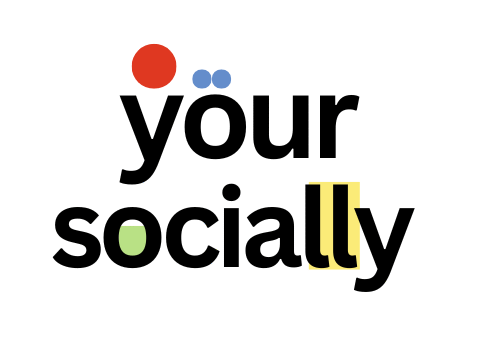Artificial Intelligence (AI) is no longer a futuristic idea—it’s already woven into our daily lives. From voice assistants to personalized shopping recommendations, AI has become an invisible helper, making tasks easier, faster, and smarter. But as technology evolves, its impact on everyday life is set to grow even more.
AI at Home
Smart homes are a great example of AI in action. Voice assistants like Alexa or Google Assistant help control lights, play music, or even manage appliances with simple commands. AI-powered security systems also learn patterns, detect unusual activity, and alert homeowners in real-time. These innovations are transforming how we live and manage our spaces.
AI in Healthcare
AI is revolutionizing healthcare by assisting doctors in diagnosing diseases earlier and more accurately. Wearable devices track heart rates, sleep cycles, and physical activity, helping people monitor their health daily. In the near future, AI may even predict potential health issues before they occur, offering preventive solutions.
AI in Transportation
Self-driving cars are one of the most talked-about AI innovations. While still developing, they promise safer roads, reduced traffic, and more efficient travel. Even now, AI helps with real-time navigation apps, predicting traffic patterns, and suggesting faster routes.
AI in Shopping and Entertainment
If you’ve ever received product recommendations while shopping online or watched a suggested movie on Netflix, you’ve experienced AI at work. These algorithms study your habits and preferences to offer personalized experiences, making shopping and entertainment more convenient and enjoyable.
AI at Work
From chatbots handling customer service to AI tools that automate repetitive tasks, workplaces are becoming more efficient. AI allows employees to focus on creative, strategic work while machines handle routine operations.
Looking Ahead
The future of AI holds even greater potential. Education could become more personalized with AI-driven learning platforms, while industries like agriculture and energy may use AI to boost sustainability. However, this progress comes with responsibility—ensuring AI is used ethically and doesn’t replace the human touch.
AI is no longer just about machines—it’s about enhancing human life. As AI continues to evolve, it promises a future where daily tasks are
smarter, safer, and more efficient. The challenge lies in balancing innovation with ethics to ensure AI benefits everyone.
Also Read:

